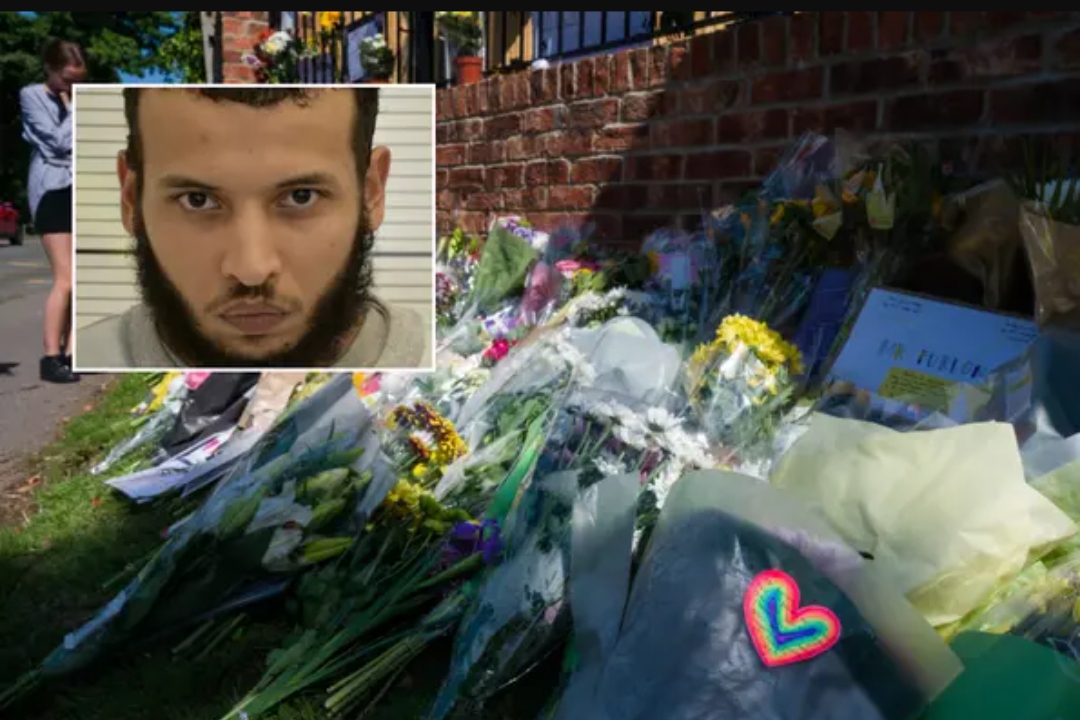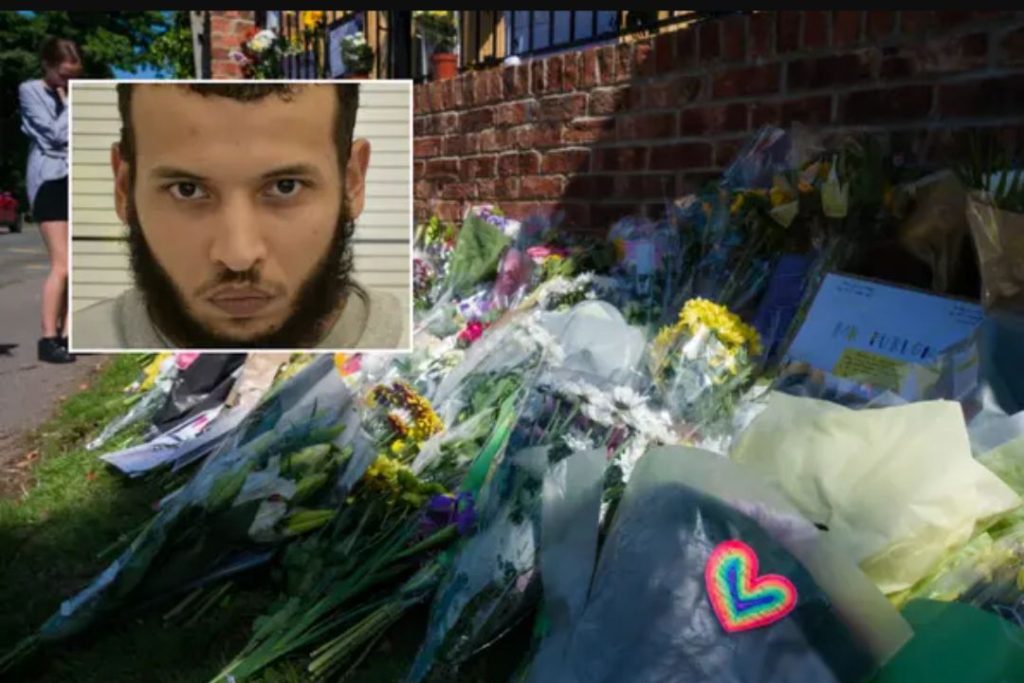Terrorist Who Killed 3 People Allowed To Stay In Britain Due To Home Office Error – Analyst Reveals

The sad case of Khairi Saadallah, who killed three innocent people in Forbury Gardens, Reading, highlights significant issues in the UK’s immigration and judicial systems. Saadallah, a known violent offender associated with Ansar al-Sharia, a group linked to ISIS, was allowed to stay in the country despite clear mistakes by the Home Office. His journey began in 2012 on a tourist visa, but the Home Office failed to record his entry or his overstay. Shockingly, he managed to claim asylum later that year, leading to tragic consequences.

According to GB News, the Home Office made many serious mistakes in handling Saadallah’s case. Despite his violent past and ties to a terrorist group, he was allowed to stay in the UK for humanitarian reasons.
This decision was made after Saadallah used up all his legal options to stay and argued against deportation, claiming instability in Libya. Additionally, Saadallah’s interactions with the UK’s legal and mental health systems showed more problems. Even though he was jailed multiple times for violent crimes, he was often referred to mental health crisis teams after release. This suggests a failure to properly address his underlying issues and evaluate the danger he posed to society.
The Home Office’s mistakes in Saadallah’s case were acknowledged during an inquest, with director Jane Sutton admitting to “woeful” errors in handling his immigration status. These mistakes, along with Saadallah exploiting legal loopholes to stay in the country, reveal significant weaknesses in the UK’s immigration and judicial processes.
The consequences of these failures were tragic. Saadallah’s terrorist act led to the loss of three innocent lives and caused irreparable harm to their families and communities. During the inquest, the victims – James Furlong, Joseph Ritchie-Bennett, and David Wails – were fondly remembered by their loved ones, emphasizing the human toll of such oversights.
The case also brings up wider concerns about the UK’s stance on national security and counterterrorism. Saadallah’s ties to an extremist group should have led to increased attention and actions to prevent harm. However, he managed to avoid detection and launch a deadly attack in the UK, revealing weaknesses in the country’s security system.
The revelations in Saadallah’s case have sparked growing demands for reform within the Home Office and the broader immigration system. There is an urgent call for increased oversight, accountability, and transparency to prevent similar tragedies in the future. Coordinated efforts between law enforcement, immigration authorities, and mental health services are crucial to proactively identify and address potential threats.
As the inquest into Saadallah’s actions continues, it’s crucial to learn from the experience and take concrete steps to address the shortcomings that allowed him to stay unchecked. The memory of the victims requires a comprehensive and robust response to ensure such a tragedy is never repeated.




